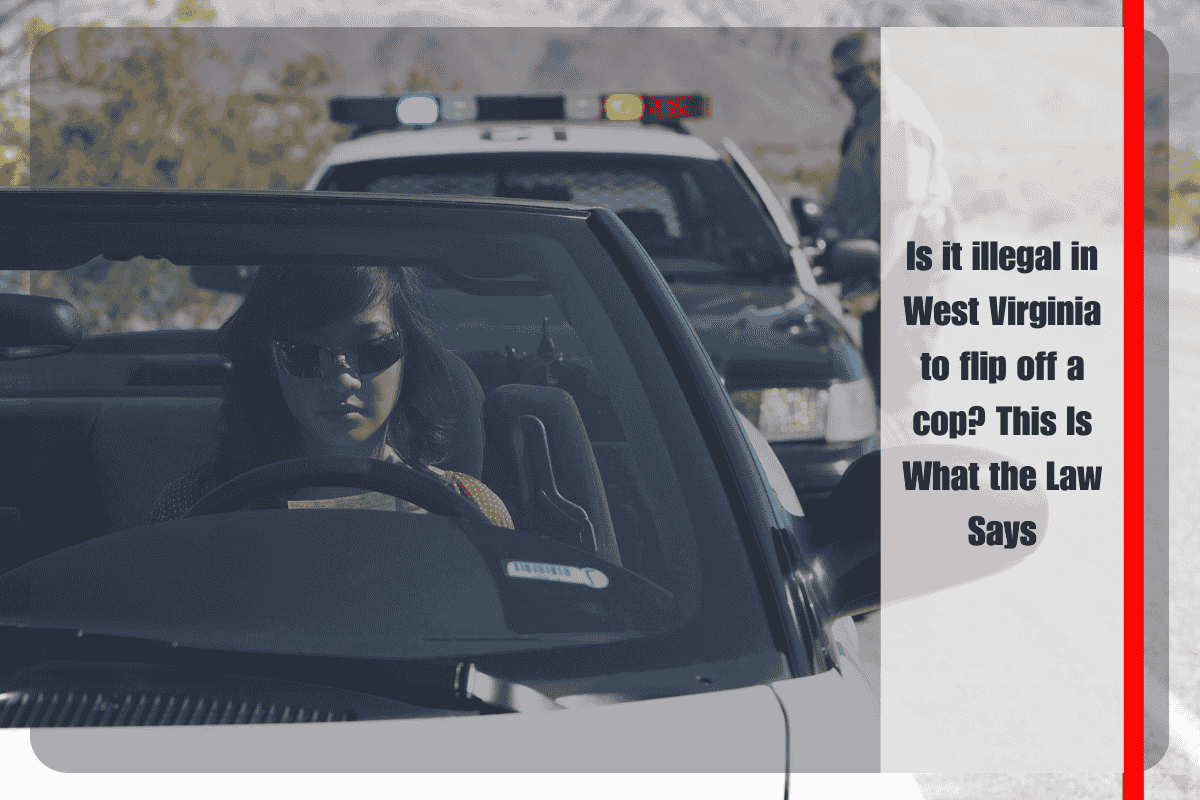In West Virginia, flipping off a police officer—or giving the middle finger—is not illegal and is generally protected as free speech under the First Amendment of the U.S. Constitution. Courts have consistently upheld that this gesture, although rude and disrespectful, is a form of expressive conduct that does not itself justify stopping, detaining, or arresting a person. The act of flipping off a cop, standing alone, does not provide police with legal grounds for action.
However, while the gesture itself is lawful, it can provoke negative reactions from law enforcement, potentially leading to further scrutiny or escalation. Recent incidents in West Virginia illustrate that some individuals have been arrested after flipping off police officers, but such arrests are typically challenged in court and have been found to be unconstitutional if based solely on the gesture. Legal experts emphasize that any arrest or stop based only on this expression could lead to civil rights lawsuits due to violations of free speech protections.
If the gesture is combined with other illegal conduct, such as refusal to identify oneself during a lawful stop or disorderly behavior, then the accompanying illegal actions—not the gesture itself—may justify police intervention. Courts have clarified that free speech protections do not extend to criminal actions performed in conjunction with expressions of discontent or disrespect.
In West Virginia, it is legal to “flip off” a police officer as a form of protected speech, but doing so could invite unwanted attention or escalation from police. The law protects such expressive gestures, and any coercive action taken solely because of the gesture may be unlawful and subject to legal challenge.












